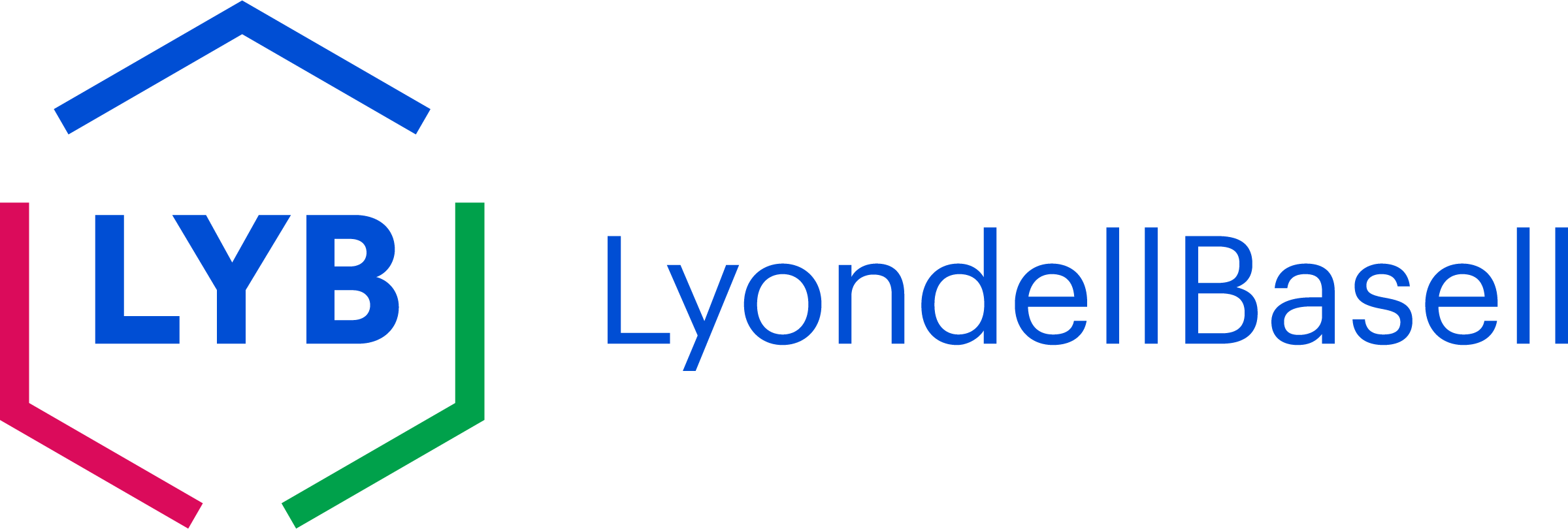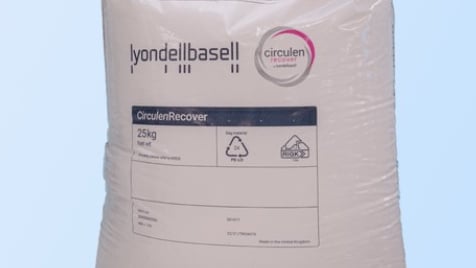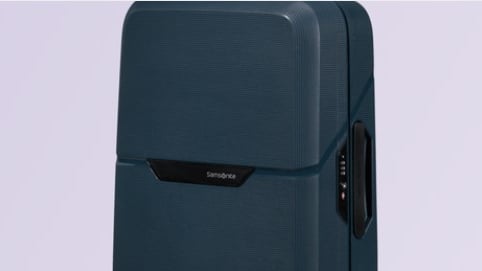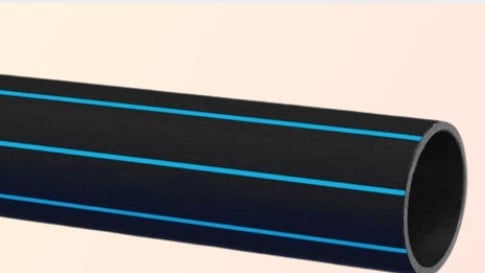What is a Digital Product Passport?
The DPP has the capability of delivering precise information about a product and provides insights into the product’s components and environmental impact as it moves through the value chain. It therefore also offers the possibility to better understand what can be done in the next part of the product life journey. In the future, the DPP will also give valuable information about aproduct's greenhouse gas footprint. This information can support everyone in the value chain in meeting their scope 3 greenhouse gas emission reduction goals.
Digital product passports contain information associated with products to effectively track materials and their environmental impact. This aids companies to provide data-based sustainability information, and helps them to move towards more data driven circular innovation strategies.
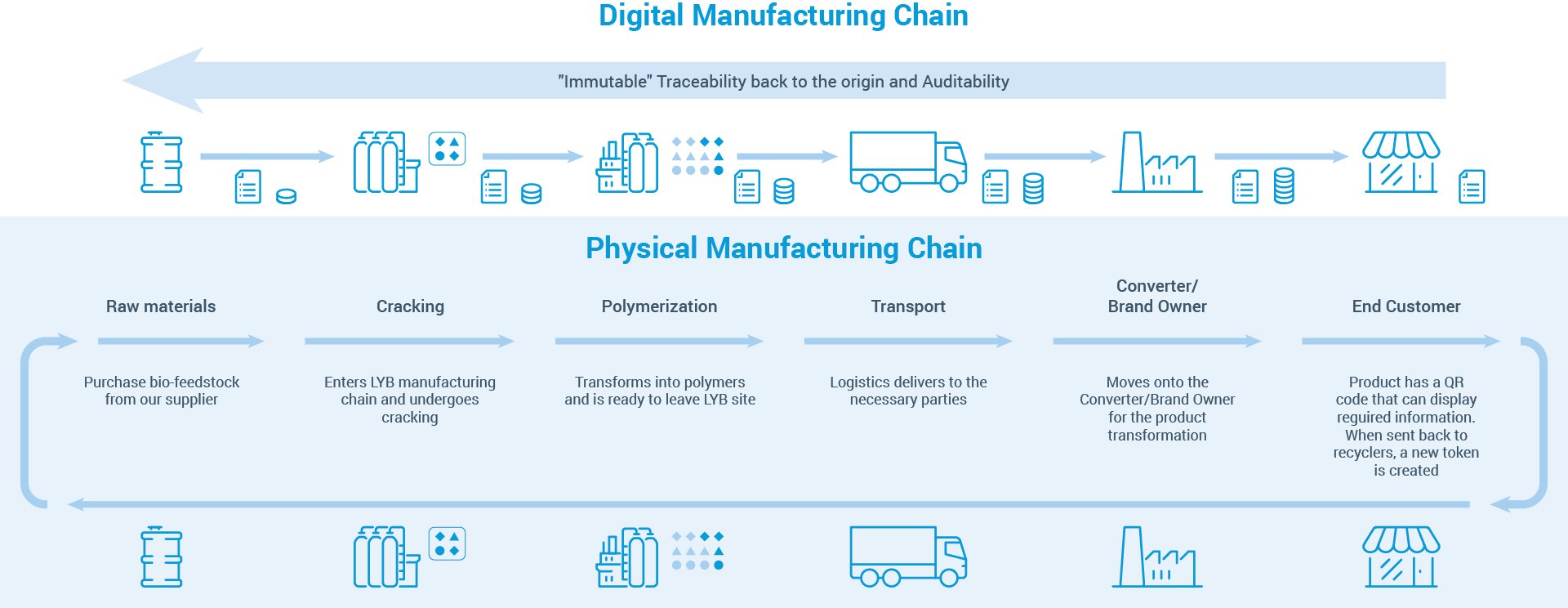
The information in the DPP can be accessible through a unique digital ID which will always stay with the product. When entering a new stage in the production or recycling process the DPP is updated, providing traceability for circular business models. This is consistent with the European Commission’s plans to require digital product passports in the near future, which would contain information about the composition of goods on the European market to help boost their chances of being reused and recycled and help consumers make more informed purchasing decisions.
For more information about our Digital Product Passport Project, please contact pranay.addepalli@lyb.com
